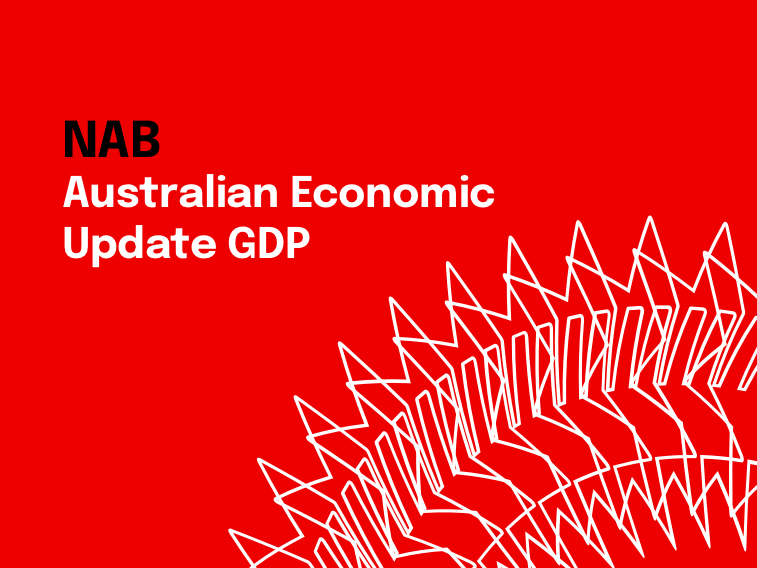A soggy start to 2025


Insight
Sterling has been hammered (-1.7% to 1.2735) as the BBC exit poll points to a Hung Parliament (Tories are set to be 12 seats short of a majority, being on track to get 314 seats; Labour 266; SNP 34; 326 required for majority).
While still early days and the result will need to be firmed up by the official results, the Bloomberg consensus in the event of a Hung Parliament suggests further downside risks to Sterling with a median expectation of 1.2350 in the event of a Hung Parliament.
As for the other risk events on Super Thursday, these mainly came and went without too much fanfare: former FBI chief Comey did not provide a smoking gun in his testimony; and while the ECB did remove its easing bias and upgrade its risks to growth, it also downgraded its inflation forecasts. It’s no surprise then that outside of Sterling, most market moves were muted with US equities flat, the US dollar up and bond yields diverging in the US and Europe.
First up on Super Thursday was Comey. His testimony did not provide anything new to his pre-released statement yesterday. He did though leave just enough to continue the cacophony that has surrounded the President. “I don’t think it’s for me to say whether the conversation I had with the President was an effort to obstruct” and emphasised his distrust of the President “I was honestly concerned that he might lie about the nature of our meetings” and “I know I was fired because of something about the way I was conducting the Russia investigation was in some way putting pressure on him, in some way irritating him, and he decided to fire me because of that”.
It will be up to the lawyers and Congress to decide whether the testimony supports an impeachable offence — soundings from Republicans who control both the Senate and the House suggest not and that’s how the market interpreted it. As we go to print the House passed the repeal of Dodd Frank and the bill goes to the Senate. The US dollar (DXY) rose 0.4% across the board overnight while US Treasury yields rose 1.9bps to 2.19%.
Second on Super Thursday was the ECB. As somewhat expected, the ECB removed its easing bias and upgraded the risks on economic growth to “broadly balanced” from “negative”. Draghi later reinforced the positivity noting “we removed the bias because the tail risks have disappeared” and economic growth forecasts were upgraded by a tenth of a percent. Nevertheless, Draghi also noted that the “expansion has yet to translate into stronger inflation dynamics” and the ECB downgraded their headline inflation forecasts noting that underlying inflation has “yet to show convincing signs of a pick-up”. The Euro fell 0.4%, though this this largely reflects US dollar strength and Bund yields fell 1.3bps to 0.26%.
Italy was the surprise in the night with the biggest market moves. Italian 10-year sovereign bond yields fell 13bps to 2.15% as risks for an election this year abate with Italy’s big four political parties not agreeing on a new electoral law. That sees the likelihood of an Italian election pushed out until 2018.
As for other currency moves, most pairs were lower against US dollar strength except for the Kiwi which rose 0.3% with no clear catalyst for the outperformance. The Aussie fell 0.3% overnight and is currently at $0.7532. There have been some intraday moves with the Aussie 0.2% lower on yesterday’s lower than expected trade surplus caused by Cyclone Debbie flattening coal exports in April, reversed on stronger Chinese trade data, to be reversed yet again by negative sentiment from the UK exit polls.
Chinese trade data was much better than expected with imports surging imports surging 22.1% y/y, against expectations of 16.1%, and indicative of continued strength in domestic demand. As for Australia’s trade data (+$0.555bn against expectations of +$2.0bn), while the month’s weakness was due to Cyclone Debbie, the fall in coal exports could drag approximately up to 0.4% points off Q2 quarterly GDP growth – this assuming coal export volumes rebound fully in May and June. As such, GDP growth in Q2 is likely to remain subdued, before rebounding strongly in the second half of the year.
It’s a very quiet day domestically with only Housing Finance Approvals out at 11.30 am AEST. NAB is similar to the market in expecting the number of loans to fall 0.8% m/m (market consensus at -1.0%) and the data does not typically trouble the scorers.
Internationally all focus will be on the aftermath of the UK election where exit polls point to a Hung Parliament (this will be firmed up progressively through the Asian timezone). A Hung Parliament result also leaves open a number of questions: will Theresa May be forced to resign?; what will Tories have to concede to form a coalition government and will another Brexit referendum be part of the horse trading? These questions will not be answered all today, and it will likely weigh on markets for some time.
Aside from the election results, today we get the Chinese CPI (11.30am AEST) where the market looks for a 1.5% y/y increase. There are also a number of pieces of data for the UK, including Industrial Production (expect 0.7% m/m) and April Trade Balance (expect -3.5bn).
On global stock markets, the S&P 500 was +0.03%. Bond markets saw US 10-years +1.91bp to 2.19%. In commodities, Brent crude oil -0.37% to $47.88, gold-1.0% to $1,277, iron ore +0.0% to $55.43, steam coal +1.1% to $79.30, met. coal +0.7% to $144.00. AUD is at 0.7529 and the range since yesterday 5pm Sydney time is 0.7530 to 0.7554.
For full analysis, download report or listen to The Morning Call Podcast
For further FX, Interest rate and Commodities information visit nab.com.au/nabfinancialmarkets
© National Australia Bank Limited. ABN 12 004 044 937 AFSL and Australian Credit Licence 230686.